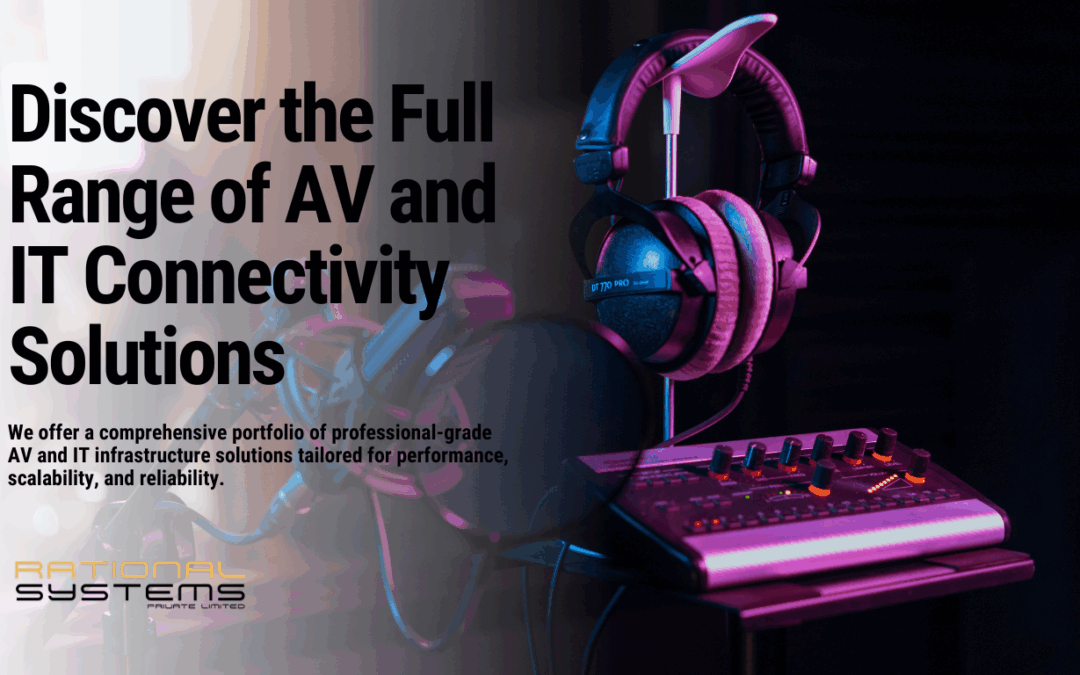The hospitality industry must leverage robust IT infrastructure to provide seamless services, enhance guest experiences, and streamline operations. From small boutique hotels to large resorts, implementing the right technology can make a significant difference in operational efficiency and customer satisfaction. Here’s a step-by-step guide to setting up IT infrastructure for the hospitality industry.
1. Assess Your Needs
Before diving into the setup, it’s crucial to assess the specific needs of your hospitality business. Consider the following:
- Size of the Establishment: The number of rooms, conference facilities, restaurants, and other amenities.
- Guest Demographics: Understanding the tech-savviness and preferences of your typical guests.
- Operational Requirements: Front desk operations, reservation systems, guest services, security, and back-office needs.
2. Network Infrastructure
A reliable and high-speed network is the backbone of any IT setup. Here’s how to ensure robust network infrastructure:
- Internet Service Provider (ISP): Choose a reliable ISP that offers high-speed internet with minimal downtime.
- Wired and Wireless Networks: Install both wired (Ethernet) and wireless (Wi-Fi) networks. Ensure Wi-Fi coverage is strong in all guest areas, including rooms, lobbies, and conference spaces.
- Network Security: Implement firewalls, VPNs, and other security measures to protect guest data and internal operations.
3. Server and Storage Solutions
Invest in scalable server and storage solutions to handle data management and application hosting:
- On-premises Servers: Suitable for larger establishments with dedicated IT staff.
- Cloud Solutions: Ideal for smaller businesses or those looking for scalability without significant upfront investment.
- Hybrid Solutions: Combining on-premises and cloud solutions for flexibility and redundancy.
4. Guest Management Systems
Implement a comprehensive Property Management System (PMS) to streamline operations:
- Reservation and Booking: Manage room availability, bookings, and cancellations efficiently.
- Check-In/Check-Out: Simplify the process with digital check-ins, mobile keys, and automated check-outs.
- Guest Services: Offer services like room service orders, spa bookings, and event management through a unified platform.
5. Communication Systems
Effective communication systems are essential for both staff and guests:
- VoIP Phones: Replace traditional phone lines with VoIP systems for cost-effective and versatile communication.
- Internal Communication Tools: Use tools like Slack or Microsoft Teams for seamless staff communication and coordination.
- Guest Messaging: Implement SMS or app-based messaging for real-time communication with guests.
6. Entertainment and In-Room Technology
Enhance the guest experience with modern in-room technology:
- Smart TVs: Provide access to streaming services and in-room entertainment options.
- IoT Devices: Install smart thermostats, lighting, and voice assistants for personalized guest experiences.
- High-Speed Wi-Fi: Ensure fast and reliable internet access in all rooms and public areas.
7. Security Systems
Security is paramount in the hospitality industry:
- CCTV Cameras: Install high-definition cameras in strategic locations for surveillance.
- Access Control: Use key cards or biometric systems for secure access to rooms and restricted areas.
- Data Security: Implement strong data encryption and regular security audits to protect guest information.
8. Back-Office Systems
Efficient back-office operations are critical for smooth functioning:
- Enterprise Resource Planning (ERP): Integrate finance, HR, procurement, and other administrative functions into a single platform.
- Inventory Management: Use automated systems to track inventory and manage supplies efficiently.
- Customer Relationship Management (CRM): Maintain detailed guest profiles and track interactions for personalized services.
9. Staff Training
Technology is only as good as the people using it:
- Training Programs: Regularly train staff on new systems and updates.
- Technical Support: Provide 24/7 technical support for both staff and guests to resolve any issues promptly.
10. Continuous Improvement
Technology is constantly evolving, and so should your IT infrastructure:
- Regular Upgrades: Keep hardware and software up to date to ensure optimal performance.
- Feedback Systems: Collect feedback from guests and staff to identify areas for improvement.
- Scalability: Plan for future expansion and upgrades to accommodate growing needs.
Conclusion
Setting up a robust IT infrastructure in the hospitality industry requires careful planning and execution. By investing in the right technology and ensuring seamless integration, you can enhance operational efficiency, improve guest experiences, and stay ahead in a competitive market. Whether you manage a small boutique hotel or a large resort, following these steps will help you build a solid foundation for your hospitality business.
For expert assistance in setting up your hospitality IT infrastructure, contact us at info@rational.co.in. Our experienced team is here to help you every step of the way





